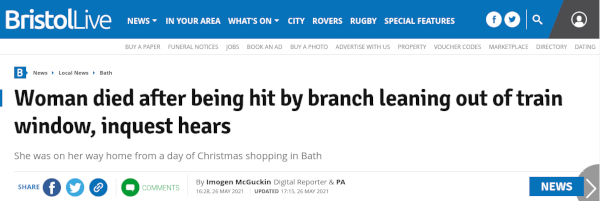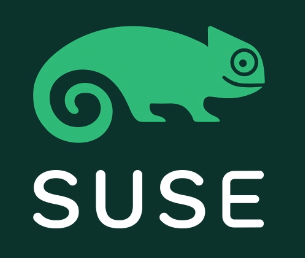One phrase that has come to prominence is recent years is dead cat strategy, or dead cat for short.
This term denotes the introduction of a dramatic, shocking, or sensationalist topic to divert discourse away from a more damaging topic, according to Wikipedia.
Which brings us to this week, which although we’ve only got as far as Wednesday has so far furnished two deceased felines ahead of the appearance of former Downing Street polecat Dominic Cummings before the combined Commons health and science and technology select committees: firstly, the announcement of part-time alleged Prime Minister Boris Alexander de Pfeffel Johnson’s forthcoming third marriage; and secondly the proposed Holyhead to Dublin road tunnel.
 The latter attracted my interest as the Department for Transport (DfT) is currently under the stewardship of that well-known latter-day spiv, Grant Shapps, alias Michael Green, Sebastian Fox and Corinne Stockwood (posts passim).
The latter attracted my interest as the Department for Transport (DfT) is currently under the stewardship of that well-known latter-day spiv, Grant Shapps, alias Michael Green, Sebastian Fox and Corinne Stockwood (posts passim).
Anyway, let’s examine the anatomy of the DfT’s defunct domestic pet.
In an interview with the Financial Times, Shapps suggested a 50-mile tunnel between Wales and Ireland as an alternative to PM Johnson’s scheme for a bridge to link Scotland with Northern Ireland, another announcement of the dead feline variety made in March. Shapps’ tunnel could run between Holyhead to Dublin and had been previously been priced at £15bn. This Holyhead-Dublin link would ostensibly be twice as long as the Channel Tunnel, according to the Daily Brexit (which some still call the Express. Ed.).
Distances seem to be a major problem for the combined intellectual might of the civil servants in the DfT and the massed ranks of the country’s free and fearless press.
Firstly, the Channel Tunnel is 31.35 miles (50.45 km) long, so the Shapps Chute would be under twice the length of the Tunnel sous la Manche.
Secondly, there is the very minor matter that the straight line distance between Holyhead and Dublin is 67.5 miles (108.6 km). This means one end of the tunnel would terminate several miles out in the Irish Sea.
I wonder what lengths the feasibility study currently reported as being underway has taken this minor matter into account.


 The latter attracted my interest as the Department for Transport (DfT) is currently under the stewardship of that well-known latter-day spiv, Grant Shapps, alias Michael Green, Sebastian Fox and Corinne Stockwood (
The latter attracted my interest as the Department for Transport (DfT) is currently under the stewardship of that well-known latter-day spiv, Grant Shapps, alias Michael Green, Sebastian Fox and Corinne Stockwood ( It now seems that the buses themselves have also taken to addressing potential passengers in dialect, as per this photo courtesy of the
It now seems that the buses themselves have also taken to addressing potential passengers in dialect, as per this photo courtesy of the 

 IT news site
IT news site  The Information Commissioner’s Office (ICO)
The Information Commissioner’s Office (ICO) 
